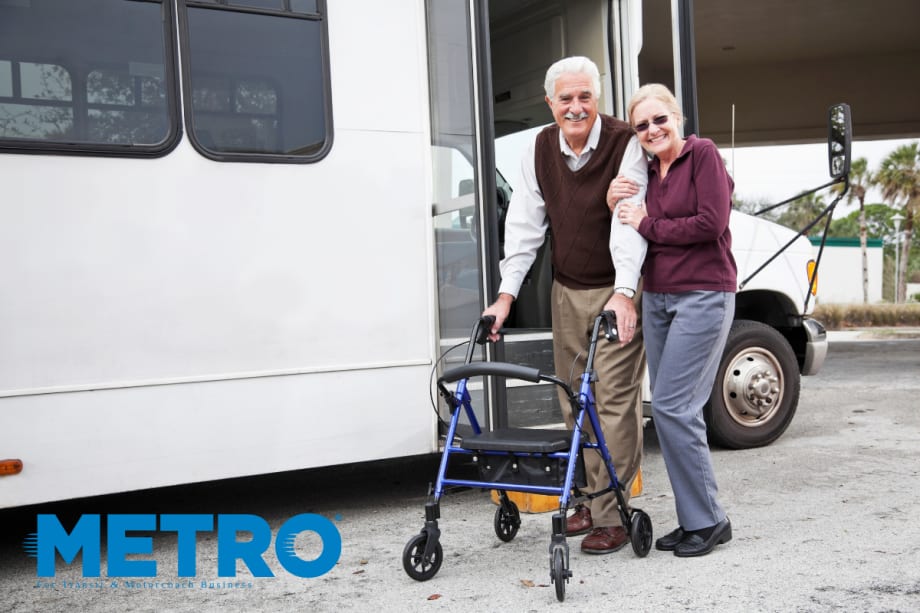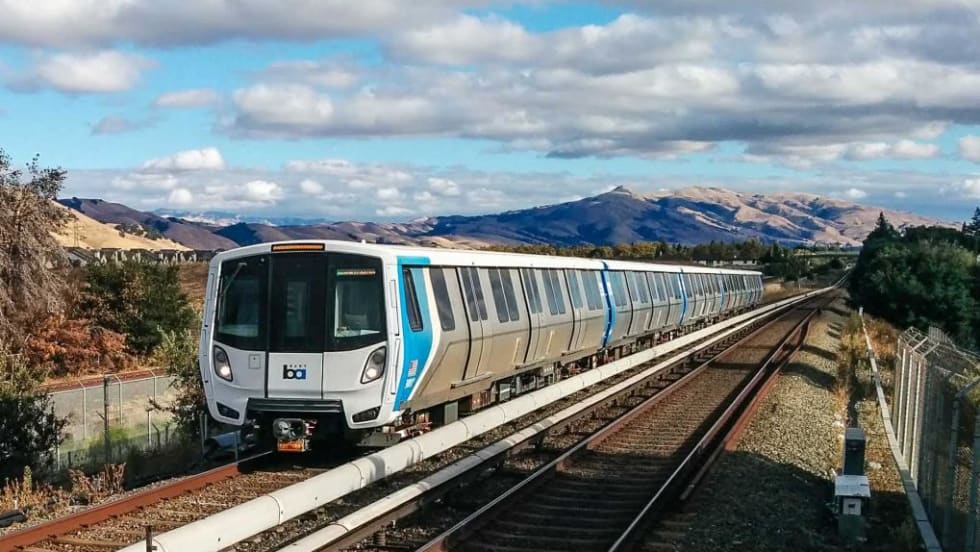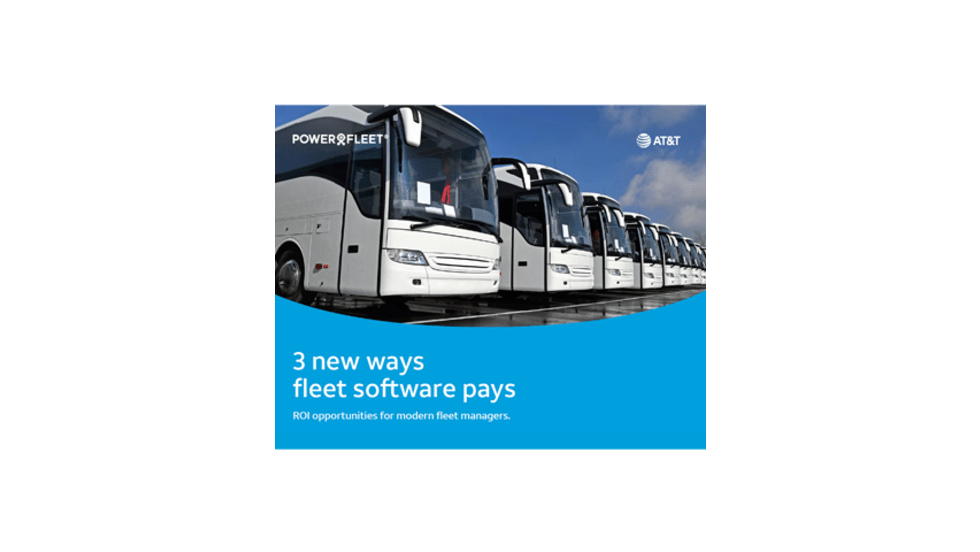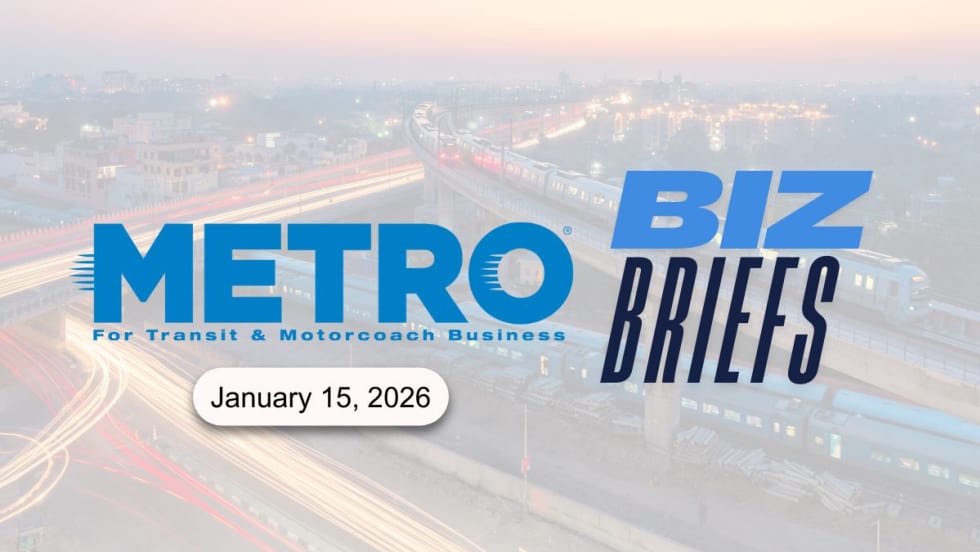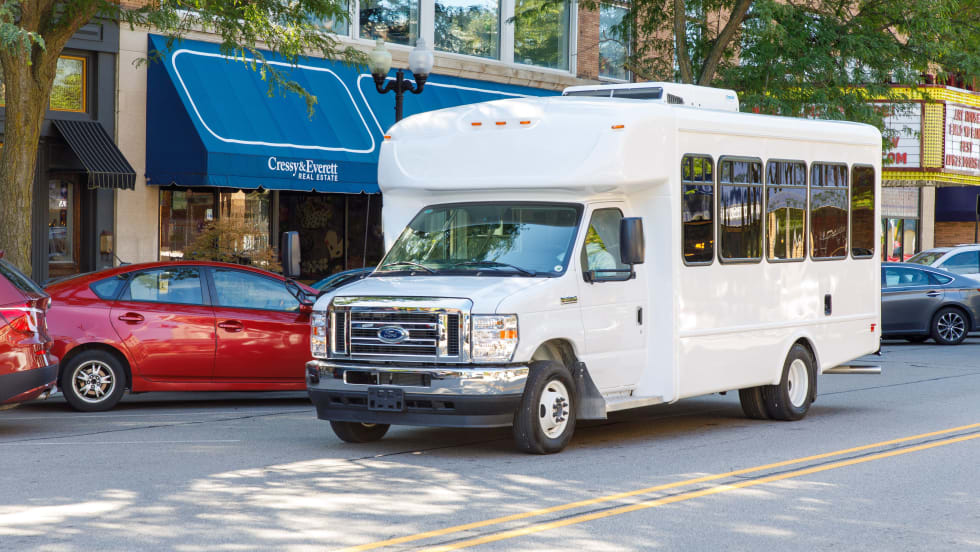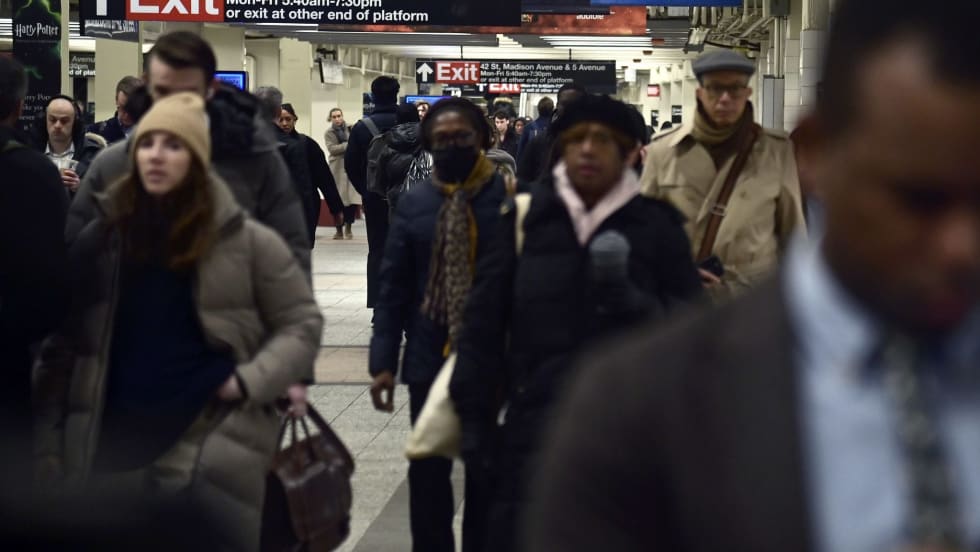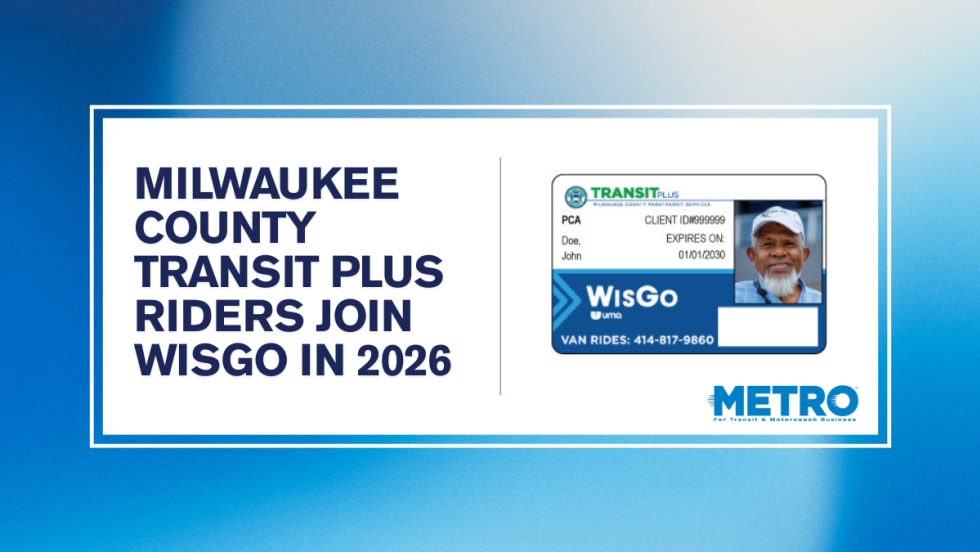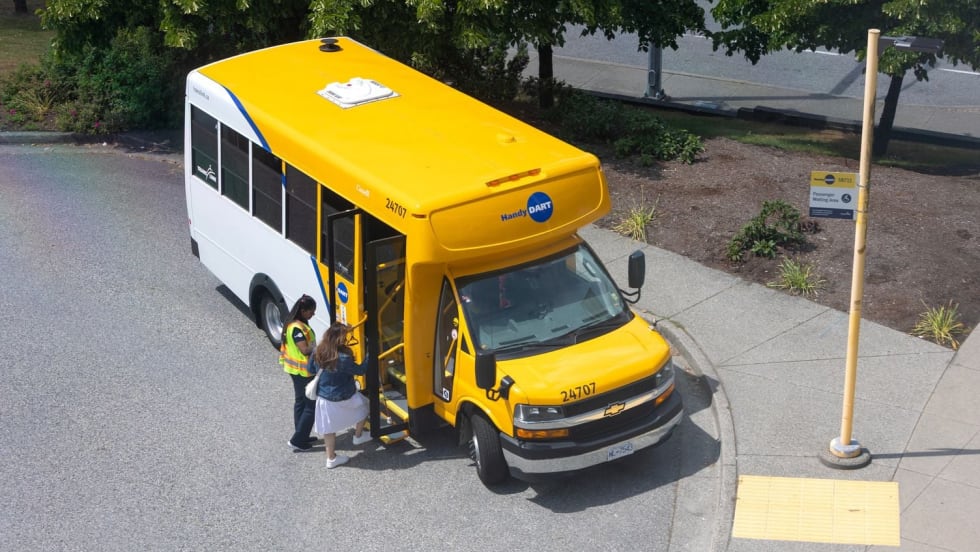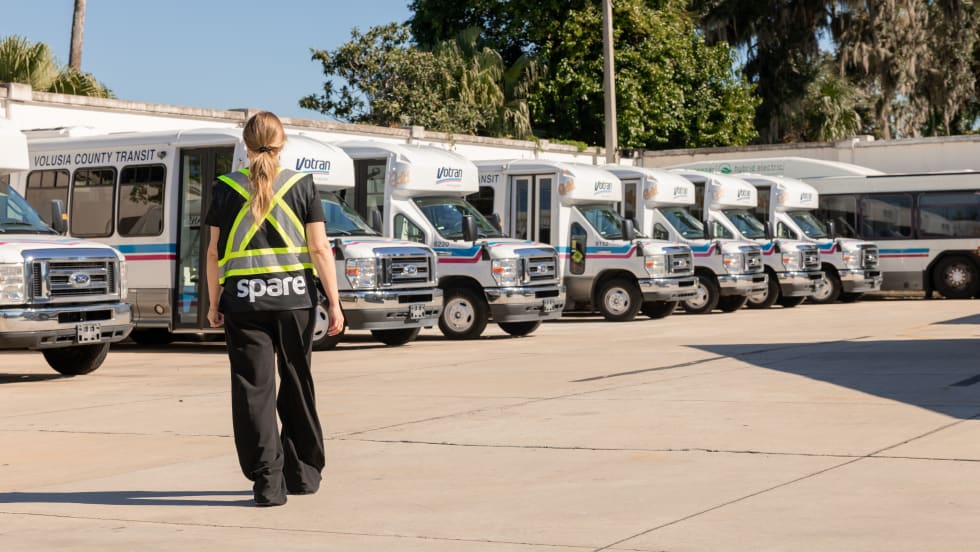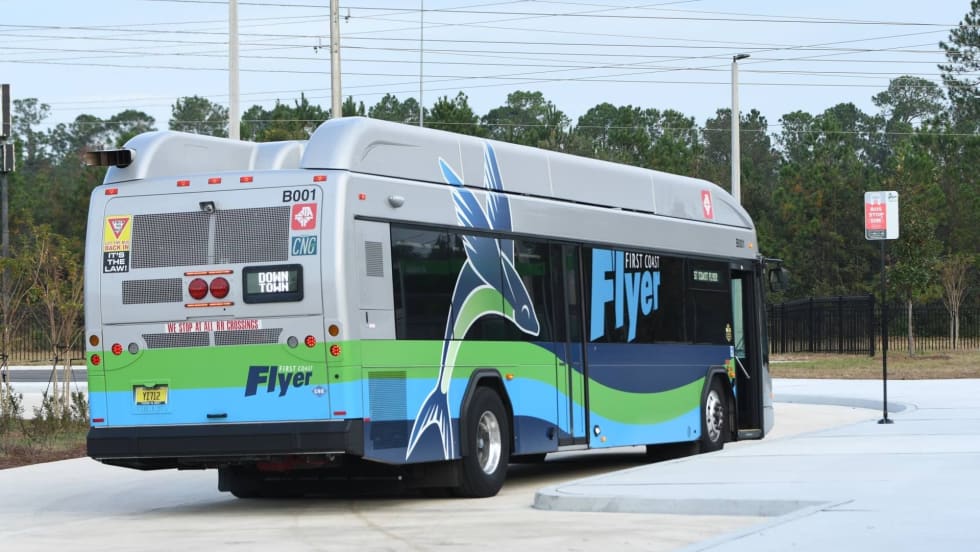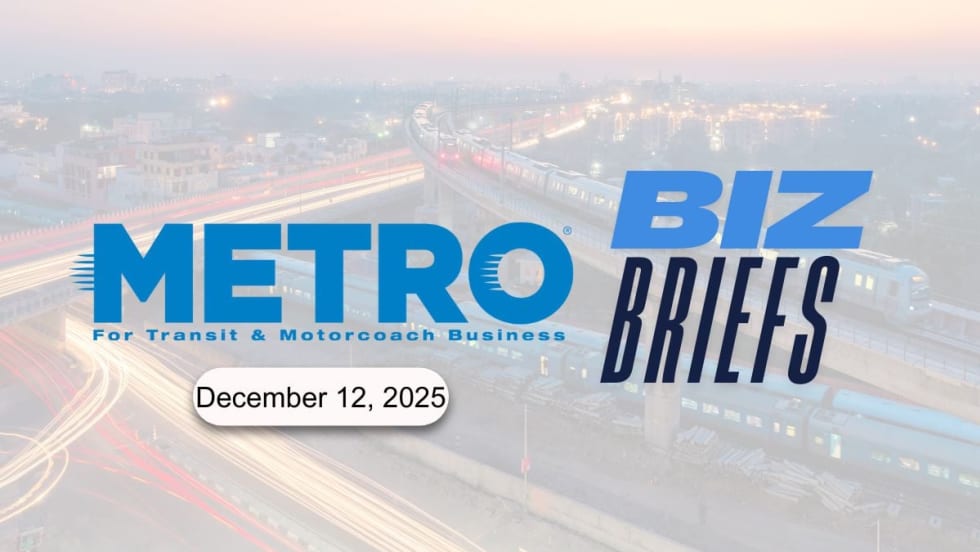Spare and Uber recently announced their respective partnerships with Uzurv and GoGoGrandparent to increase transit options for seniors and people with disabilities.
Companies across the U.S. are teaming up to offer more paratransit programs and ways for agencies to expand their paratransit services.
Spare partnered with Uzurv in September 2022 to integrate its Open Fleets module, a technology connecting transit agencies with multiple fleet providers through a single platform, with Uzurv’s Adaptive TNC model.
In October, Uber Transit partnered with GoGoGrandparent to offer equitable complementary paratransit programs.
Uber Transit and Spare spoke with METRO about how these partnerships began and the importance and increasing options for seniors and people with disabilities.
How It All Started
Spare had an original goal to build a flexible platform for running an efficient on-demand mobility operation.
“We wanted to enable people to run more trips for a lower cost,” said Josh Andrews, co-founder/COO of Spare. “With this goal in mind, we've helped the transit industry transform the way that many demand-responsive services are running. In the beginning, we helped transit agencies deliver a single service, like a paratransit service that is facilitated with just a single dedicated fleet of vehicles.”
Over time, the company added multiple services such as a paratransit service, a rider assistance service, and a senior service, that were facilitated with a single dedicated fleet of vehicles.
Using a single fleet to offer multiple services is a concept called commingling. Agencies saw a cost reduction when offering these services with a single fleet of vehicles because idle vehicles were now being used. At the same time, Spare could help agencies dispatch the right vehicle, such as a wheelchair-accessible van for passengers requiring it, or a non-wheelchair-accessible vehicle for ambulatory riders.
Fleets, like Uzurv or Lyft, use their own software for dispatch. To gain access without installing the Spare app on every vehicle, the company needed to find a solution.
“This led to us building a new technology we call Open Fleets,” Andrews said. “It's essentially the standardized framework that enables Spare, or any third-party developer, to natively integrate third-party dispatch providers such as Uzurv to Spare's demand-responsive mobility platform. Open Fleets provides the base infrastructure needed to connect transit rider demand to any fleet providers, whether they're running the Spare platform or their own proprietary fleet management software.”
One of Spare’s customers challenged the company to run more fleets using Uzurv and the company then sought to develop a partnership with them, integrating access to their fleet into the Spare platform.
Now, Uzurv services use some of the different paratransit operations Spare’s customers run. Through the integration, any transit agency can use Uzurv or other TNCs, such as Lyft, to facilitate demand-responsive trips.
As for Uber, the company felt a partnership with GoGo was a natural fit from the start, according to Dmitriy Vanchugov, head of partnerships at Uber Transit.
“As Uber entered the Public Transit space as a service provider for complementary fixed-route and paratransit operations, a partnership with GoGo was a natural fit as not all public transit riders have access to a smartphone or apps, and in some cases may be unbanked,” Vanchugov said. “For example, the overwhelming majority of paratransit trips, more than 70%, are still booked via a telephone call. GoGo’s ability to provide our transit agency partners with a turnkey call center solution ensures all riders have equitable access to public transit service.”
This partnership has created access to more responsive options for transit agencies, extending their reach to underserved populations, such as older adults and people with disabilities.
It took approximately a month for Uber+ and GoGo to launch their partnership. In that time, Uber’s team worked with transit agency staff to train them on how to leverage its administrative tools to manage their mobility program configurations, as well as how to promote and roll out the program to their riders.
Nothing But Positive
Spare and Uber each outlined the benefits of their recent partnerships.
For Spare, its software will find the exact vehicle to match the passenger's needs. The company can provide that same trip for a fraction of what that trip would have cost, according to Andrews. That means Spare can supply more trips, ultimately delivering the freedom of mobility.
“In mobility, there is the concept of induced demand,” Andrews said. “We're enabling agencies to offer trips people would not normally have taken. For older adults and people with disabilities, this opens up convenience and choice.”
Benefits of the Uber Transit and GoGo partnership include:
Access to a 24/7 call center to book a ride.
English and Spanish-speaking operators.
Ability to collect rider’s transit fare as part of the trip booking process.
Custom-tailored program design to meet communities’ needs.
“At Uber, we’re committed to continuing to develop technologies that support everyone’s ability to easily move around their communities,” Vanchugov said. “We wanted to partner with GoGoGrandparent because it is the leader in coordinating transportation and other on-demand services for people as they age, and they have been committed to bridging the digital divide for customers who don’t use smartphones or need support with specialized requests.”




